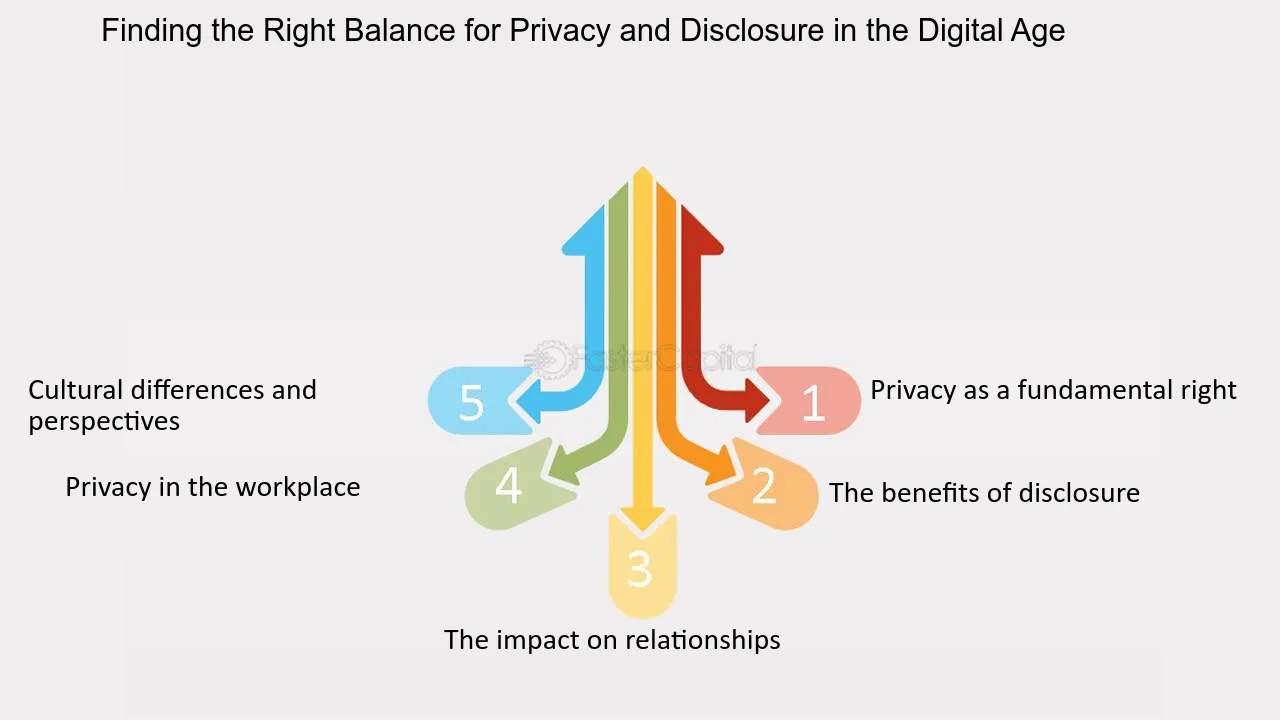Social media allows us to stay connected, share life updates, and express ourselves online. However, oversharing or seeking popularity can come at the cost of privacy. How can we enjoy the benefits of social platforms while still protecting our personal information and boundaries? This article explores strategies for finding the right balance.
The Allure of Popularity
Popularity is addictive. The more likes, comments, and followers we accumulate, the more validation we feel. This creates an incentive to share frequently, reveal personal details, and portray an idealised life online. However, constantly curating our image to gain social approval can backfire. It can lead to unrealistic expectations, comparisons, and oversharing of private moments. While popularity has its perks, it shouldn’t come at the expense of authenticity or privacy.
Protecting Personal Information
The first step is being selective about the personal information we share. Details like our address, birthday, phone number, and workplace can facilitate identity theft or cyberstalking if made public. Even innocent details can be pieced together to compromise our privacy. For example, photos geotagged to a specific location can allow people to identify our home or workplace.
To better protect our info, we can use privacy settings, avoid oversharing personal stories, and refrain from posting identifiable details. The free app Kapshoo enables parents to share photos of their children with family and friends without sacrificing the child’s privacy, as users have total control over their images and data.
Managing Our Digital Footprint
Everything we post online leaves a trail. Even if we delete content later, it may have already been seen, archived, or re-shared by others. The permanence of our digital footprint means we need to manage it responsibly.
This starts by being selective about what we post and proactively deleting or archiving content that is no longer relevant. Turning off location services, using aliases, and separating personal and professional accounts can also help segment our digital footprint. Additionally, monitoring our online reputation through search results allows us to request the removal of inappropriate content.
Establishing Boundaries
Setting clear boundaries helps maintain privacy within our relationships. We can decide what topics or details feel too personal to share publicly online. If others overshare about us, we can ask them to remove or edit their posts.
When meeting new contacts online, it’s safest to keep personal conversations on the platform itself rather than provide contact details. If we wish to get to know someone offline, we should do so slowly and meet them in a public place first. Staying sober and telling a friend about our plans is also wise.
By establishing and enforcing boundaries, we can enjoy online connections without jeopardising our comfort level. If our boundaries are repeatedly disrespected, unfollowing, muting, or blocking the offender may be necessary.
Balancing Openness and Privacy
Ultimately, there are pros and cons to social media use. Total privacy means missing out on connections, community, and personal expression. But oversharing leaves us exposed. Each of us must find the right middle ground based on our priorities and life circumstances.







Leave a Reply